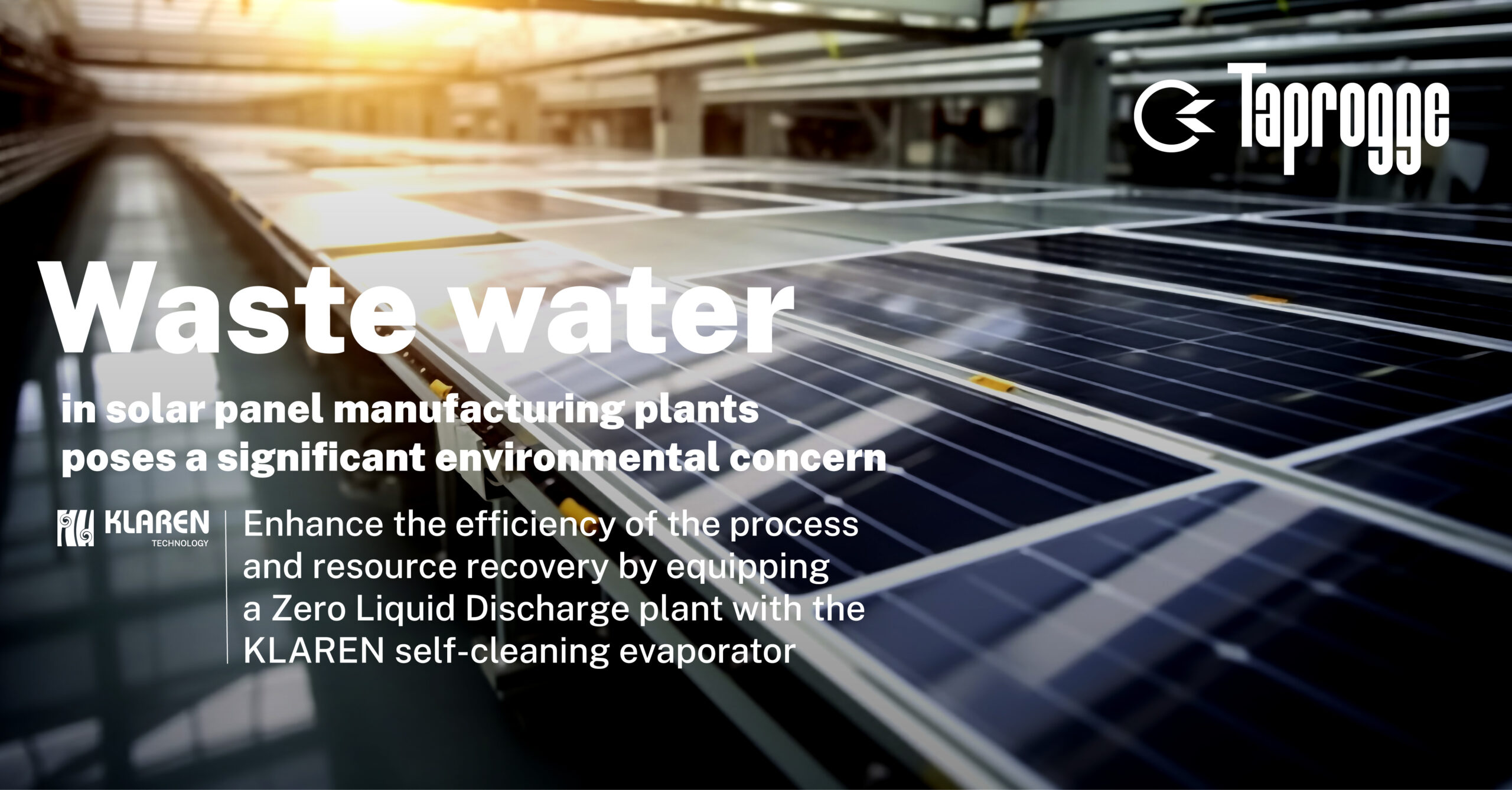Wastewater generated during solar panel production can contain a variety of contaminants, such as chemicals, metals, suspended solids, and organic compounds. Effective management and treatment of this wastewater are crucial to minimize environmental impact and ensure compliance with regulatory standards. Implementing water recycling and reuse systems, along with investing in advanced wastewater treatment technologies, can significantly reduce the environmental footprint of solar panel manufacturing operations.
Wastewater in solar panel manufacturing plants can be a significant environmental concern if not properly managed. Here are key points about wastewater in this context:
-
- 1. Chemical Usage: The manufacturing process involves various chemicals, including solvents, acids, and heavy metals, used in cleaning, etching, and deposition. Improper handling can lead to these chemicals contaminating the wastewater.
- 2. Heavy Metals: Materials like cadmium telluride (CdTe) or copper indium gallium selenide (CIGS) used in production can introduce heavy metals into the wastewater, posing environmental risks if not treated properly.
- 3. High Water Usage: Manufacturing requires substantial water for cooling, cleaning, and other processes, generating significant amounts of wastewater.
- 4. Treatment Challenges: The presence of contaminants such as organic solvents, heavy metals, and other chemicals makes treating this wastewater challenging. Specialized processes are needed to meet regulatory standards before discharge.
- 5. Environmental Impact: Improper management can lead to pollution, including soil and water contamination, harming aquatic life and ecosystems, and potentially affecting human health if contaminants enter the food chain.
- 6. Regulatory Compliance: Manufacturers must adhere to environmental regulations regarding wastewater discharge. Compliance is essential to avoid fines, penalties, and damage to reputation.
- 7. Technological Advances: Some manufacturers are investing in research and development to reduce water usage and minimize wastewater generation, including more efficient manufacturing techniques and water recycling systems.
- 8. Corporate Responsibility: Many manufacturers are committed to environmental sustainability and are taking steps to manage wastewater responsibly. This includes investing in advanced treatment technologies and sustainable water management practices.
Effectively managing wastewater in solar panel manufacturing requires careful attention to minimize environmental impact and ensure regulatory compliance. Collaboration among industry stakeholders, government agencies, and environmental organizations is essential to address these challenges.
Partner with TAPROGGE for the most efficient design of Waste Water and ZERO Liquid Discharge Plants.
For queries or to learn more about TAPROGGE KLAREN Technology, contact us at info@taprogge.nl / info@taprogge.in.


